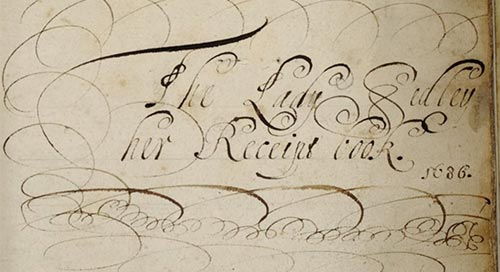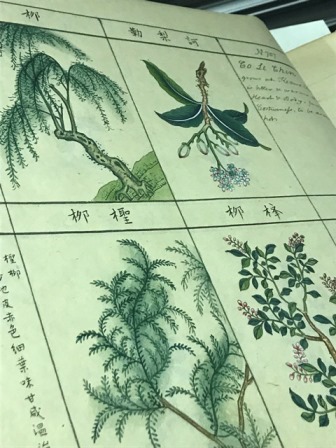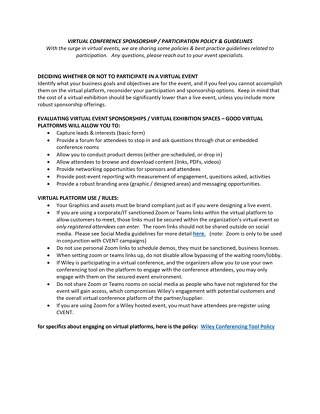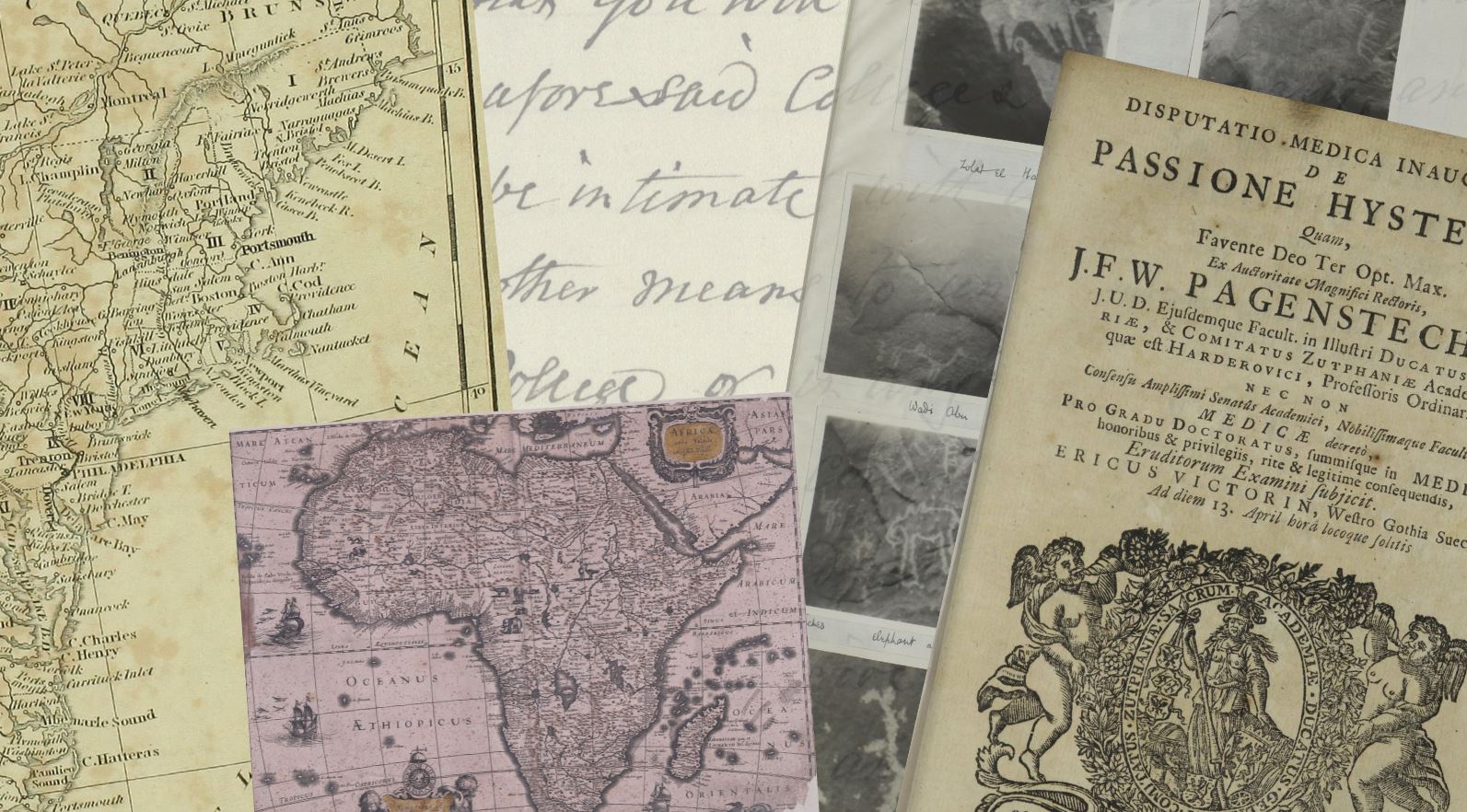World Human Rights Day The True Stories of 4 Individuals Locked Away Without a Say
December 10, 2022
On December 10, 1948, the Universal Declaration of Human Rights (UDHR) was introduced by the United Nations General Assembly. Drafted by representatives from all regions of the globe, the 30 articles outline the sacrosanct rights of individuals of all backgrounds.[1]
Organized in 1950, World Human Rights Day commemorates our unalienable rights without emphasis on gender, sexual orientation, race, religion, language, culture, or residence.
This year, we are highlighting the important work of The Committee on Human Rights of Scientists, formed in 1978 as a part of the New York Academy of Sciences. Recently digitized by Wiley Digital Archives, the committee records document 30 years of intervention in global human rights violations against scientists, including kidnapping, detainment, exile, imprisonment, and murder.
Today we acknowledge the sacrifices of knowledge seekers around the world. Learn more about some of the Committee on Human Rights of Scientists’ high-profile cases:
Andrei Dmitrievich Sakharov (1921-1989)
The father of the Soviet hydrogen bomb, Andrei Dmitrievich Sakharov was a nuclear physicist and an advocate for world peace, progress, and human rights.
After criticizing the Soviet Union’s position, he was banished without due process and arrested on January 22, 1980. Stripped of his honors and prizes, Sakharov went on a hunger strike after Soviet Authorities denied his wife permission to travel abroad for medical treatment. He continued his strike until his wife received the care she needed.
Outpouring efforts from scientists and committees demanded justice for the Sakharovs. A petition to Soviet leaders concluded with, “We fear for the lives of these two people and the terrible consequences of increased international mistrust which will occur if their situation is not ameliorated.”
After a change in leadership, Sakharov was released on December, 19, 1986.
View the Andrei Dmitrievich Sakharov case outlined in the Executive Committee Minutes, 1983-1985.
Wangari Maathai (1940-2011)
As the first African woman to receive the Nobel Peace Prize, Wangari Maathai was a biologist and environmental activist known for founding the Green Belt Movement, focusing on environmental conservation and women’s rights.
On January 8, 1999, Maathai and approximately 20 supporters were attacked by an estimated 200 private security guards whilst planting trees as part of a peaceful demonstration protesting the commercial usage of Karura public forest lands.
The Committee on the Human Rights of Scientists deemed that the attack was in direct violation of the United Nations Covenant on Civil and Political Rights, invoking multiple articles.
Kenya’s president, Daniel Moi, publicly denounced the protest, accusing Maathai of being mentally unstable and driven by tribal interests. Moi warned that protesting allocated forest plots would be allowed, but incitement could lead to Rwanda and Burundi-style massacres.
Wangari Maathai inspired a series of future protests, and she was awarded the Nobel Peace Prize in 2004 for her dedication to issues addressing sustainability, democracy, and peace.
View the Wangari Maathai Records of the Committee on the Human Rights of Scientists, 2002.
Wen Ho Lee (1939 - )
Known for his work in nuclear explosion and fluid dynamics, Wen Ho Lee is a Taiwanese American scientist who worked at the University of California at the Los Alamos National Laboratory in New Mexico before being accused of espionage in December of 1999. Lee was interrogated, incarcerated, and polygraphed, under the suspicion of supplying the People’s Republic of China with classified nuclear information.
The Committee on the Human Rights of Scientists wrote to the United States Court of Appeals on September 7, 2000, standing against Lee’s pre-trial incarceration, where he spent nine months in solitary confinement. “The treatment that has been accorded to Dr.Lee by our Government harms our ability effectively to protest ‘preventive detention’ or arbitrary imprisonment of scientists by totalitarian or post-totalitarian governments elsewhere in the world,” writes Rodney Nichols, President and CEO of the New York Academy of Sciences. The pretrial imprisonment had a negative impact on recruiting and retaining qualified scientists of Asian origin.
Investigators were unable to find evidence proving their accusations of espionage and, in a separate case, charged Lee with one count of improper handling of government information.
View the Wen Ho Lee Records of the Committee on the Human Rights of Scientists, 2000.
Marta Beatriz Roque (1945 - )
After expressing her opinions on the Cuban socio-economic situation and calling for reforms in a published paper titled, “The Homeland Belongs to All,” economist and human rights activist Marta Beatriz Roque was sentenced to five years of prison time on October 15, 1998, after being detained without trial for nineteen months.
Roque confronted deteriorating health during her arrest and was transferred from a military hospital to a “rest home” whose whereabouts were unknown. The Committee on the Human Rights of Scientists wrote to Cuban officials, expressing a deep concern regarding the unknown relocation and urged for Roque’s immediate release. “The continued detention of Ms. Roque constitutes a serious violation of the international human rights standards enumerated by the Universal Declaration of Human Rights. Ms. Roque is a prisoner of conscience,” writes committee Chairman Joseph Birman.
After staging a hunger strike in June of 1999, Roque won the right to appeal her case and was released in 2002.
Roque continues to fight for human rights in Cuba.
View the Marta Beatriz Roque Records of the Committee on the Human Rights of Scientists, 2002.
The Records of the Committee on the Human Rights of Scientists contains material relating to the Academy's efforts on behalf of persecuted scientists around the world over 40 years. For more information about accessing Wiley Digital Archives, please visit www.wileydigitalarchives.com.












